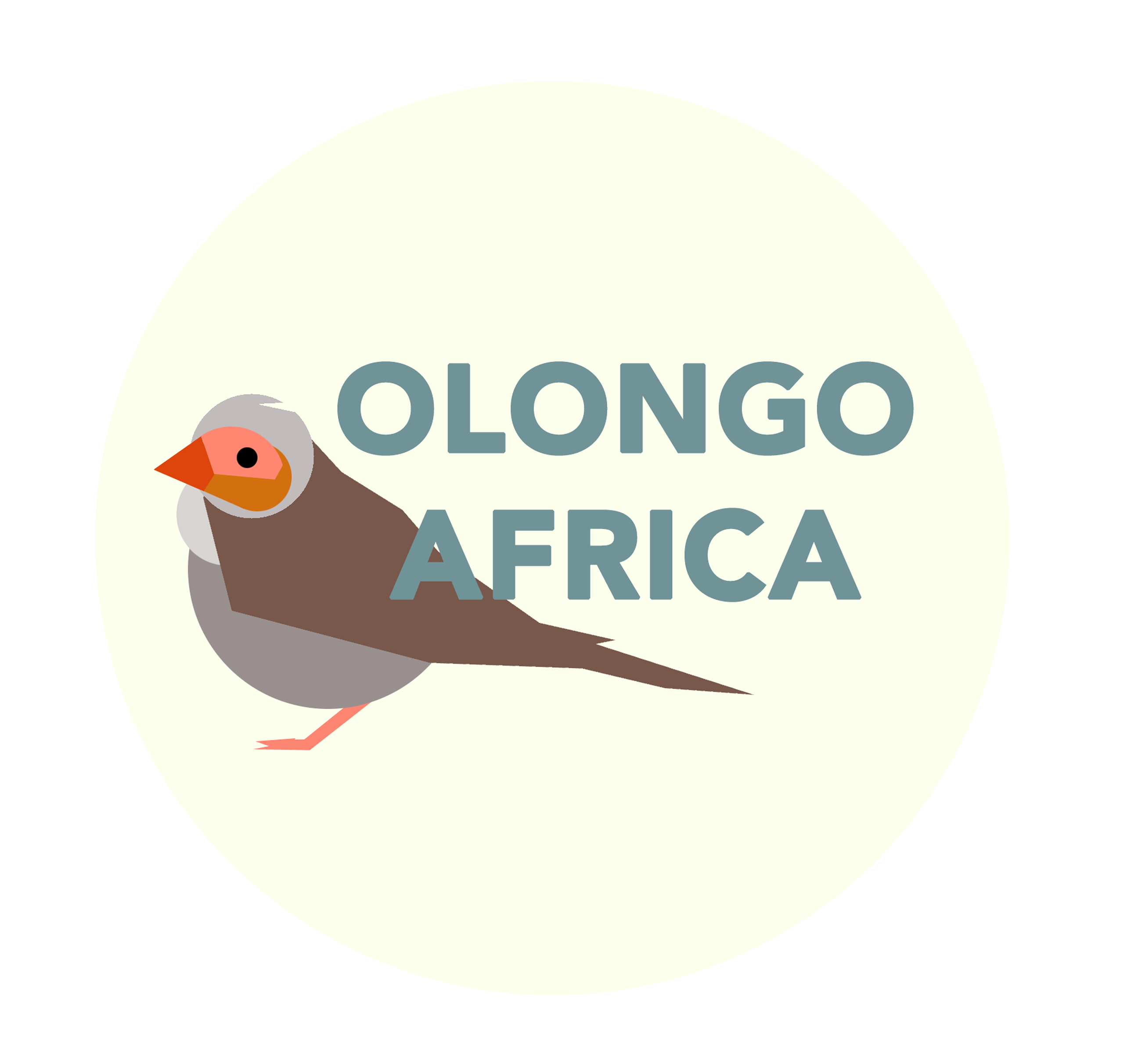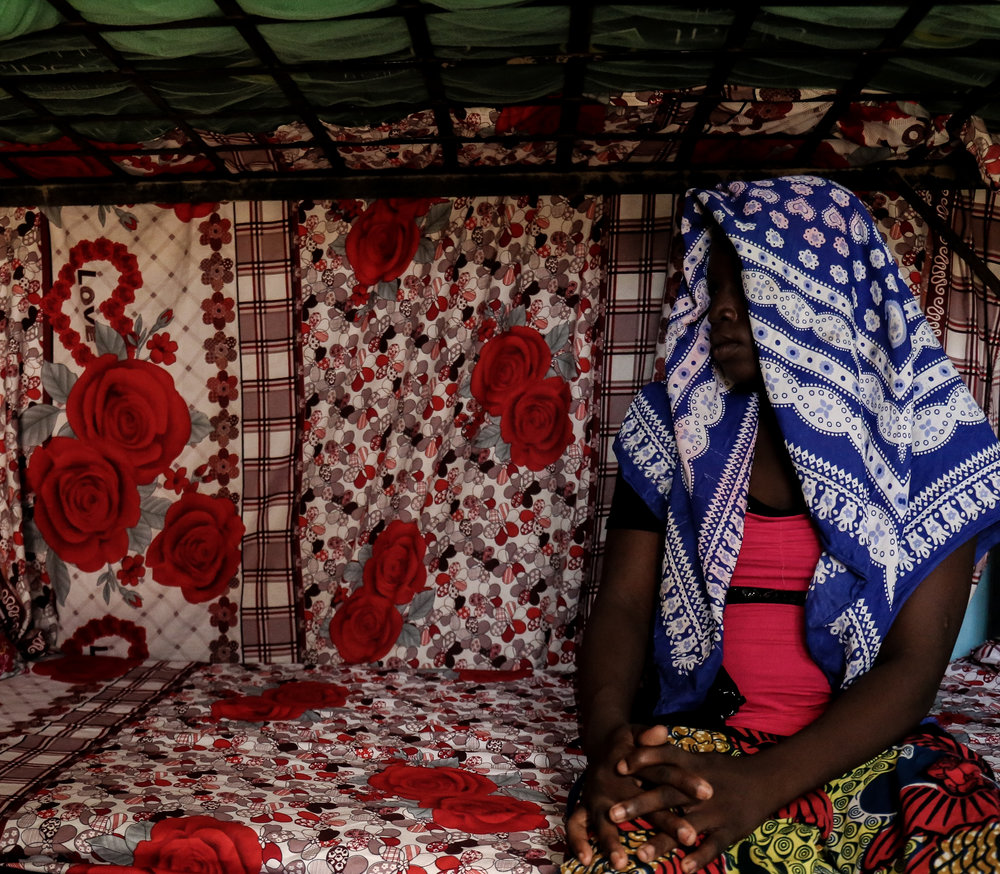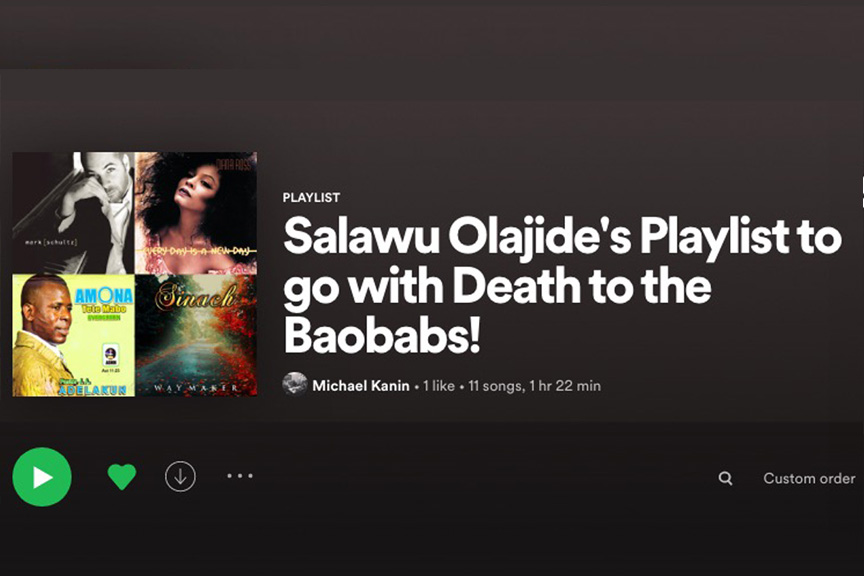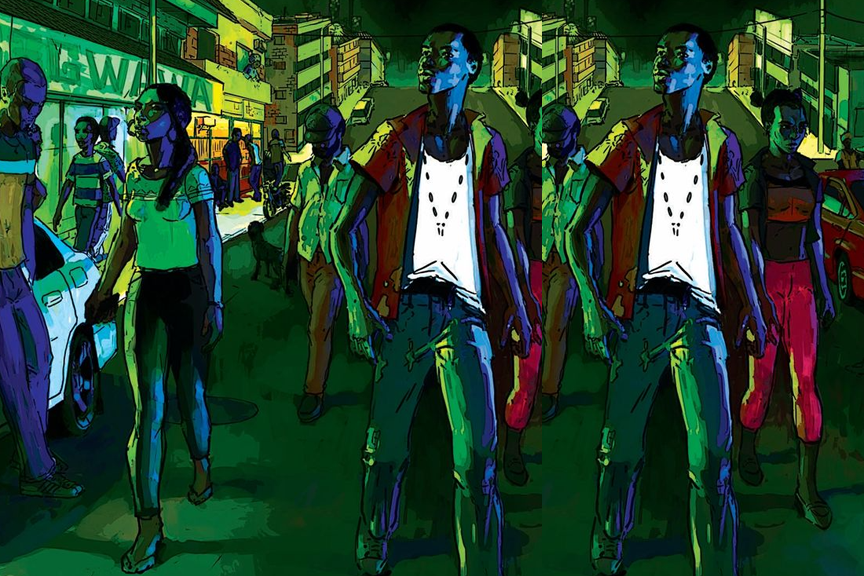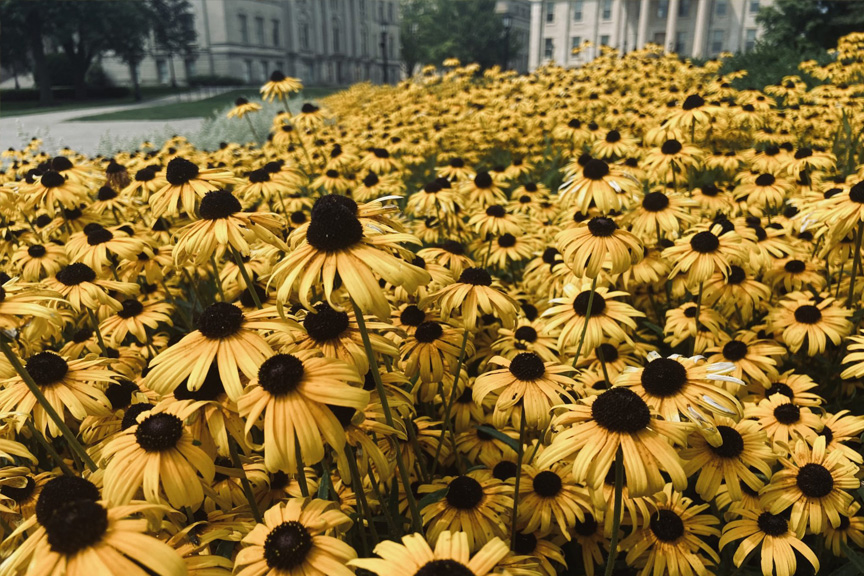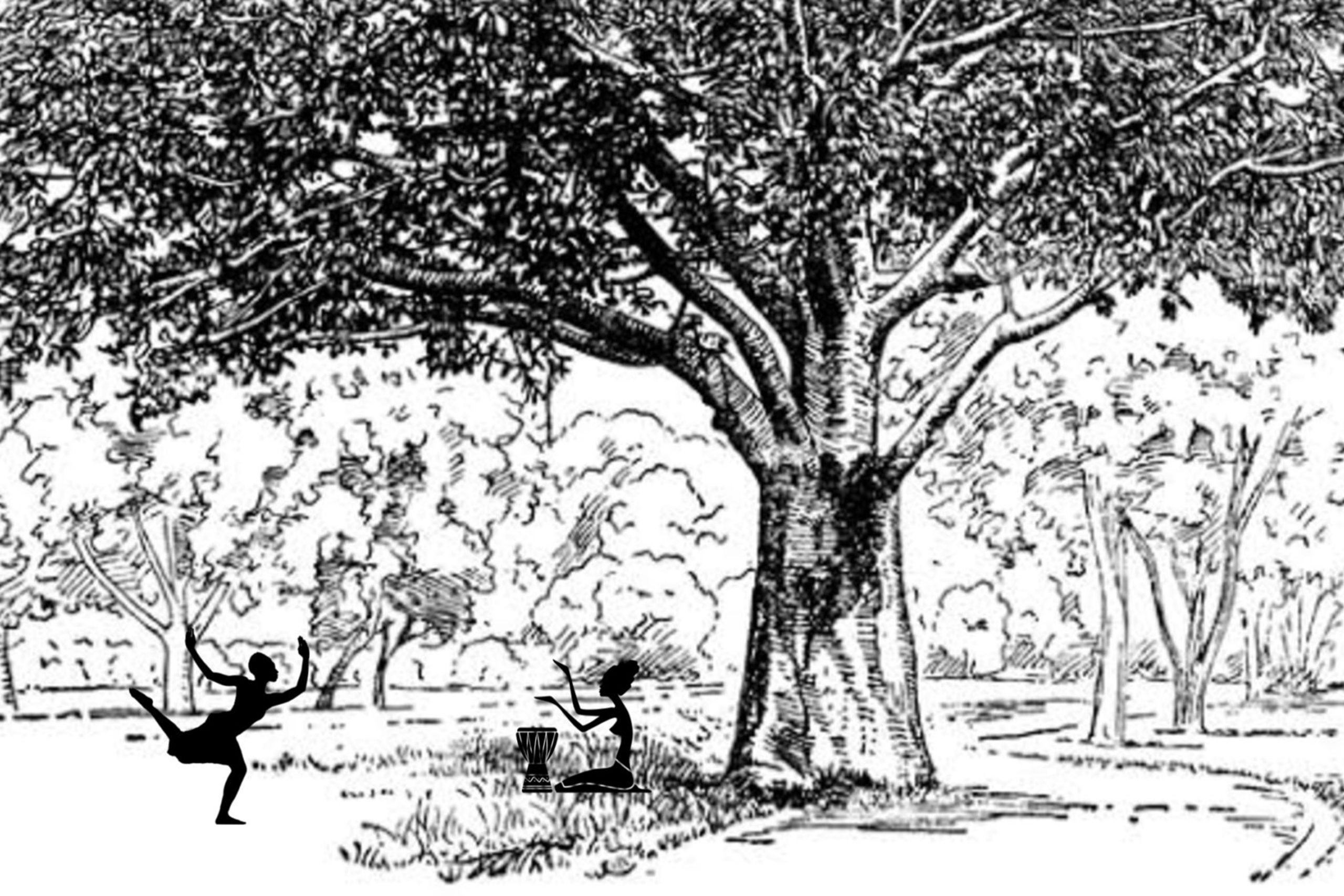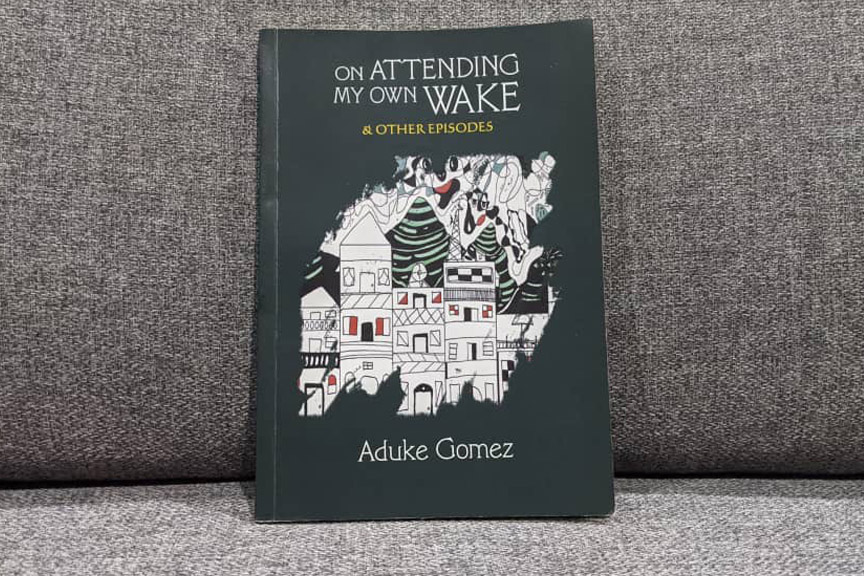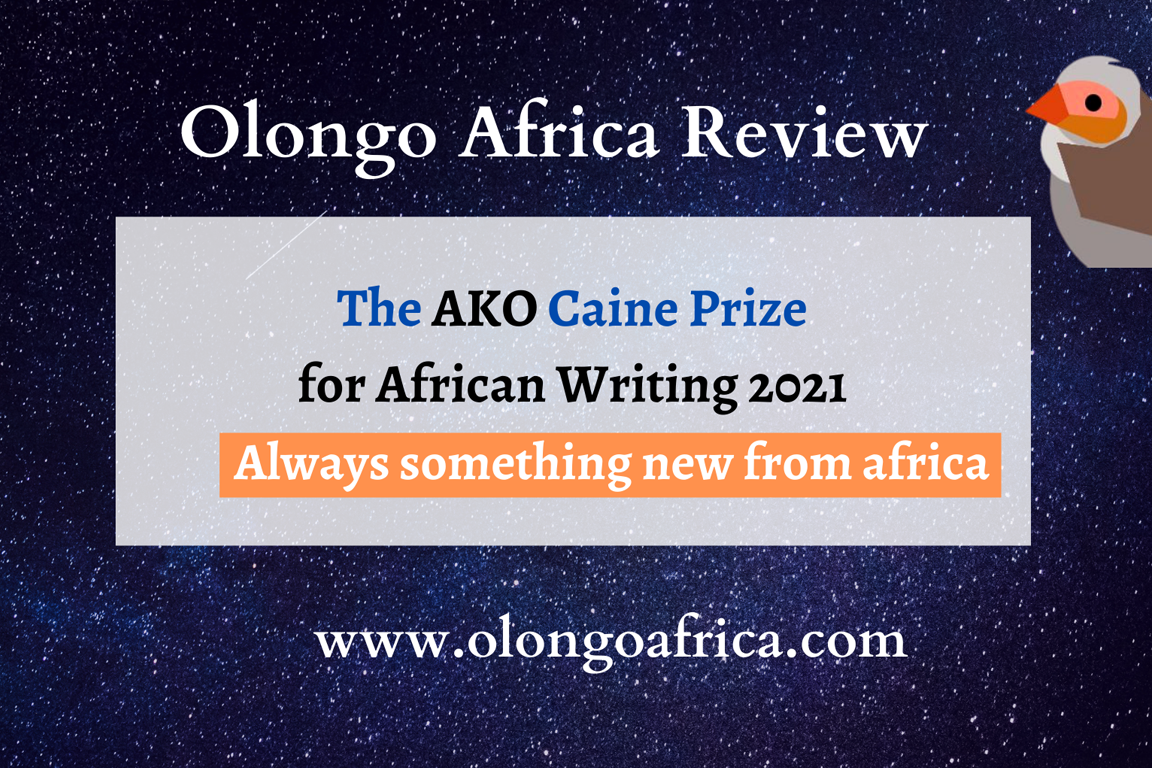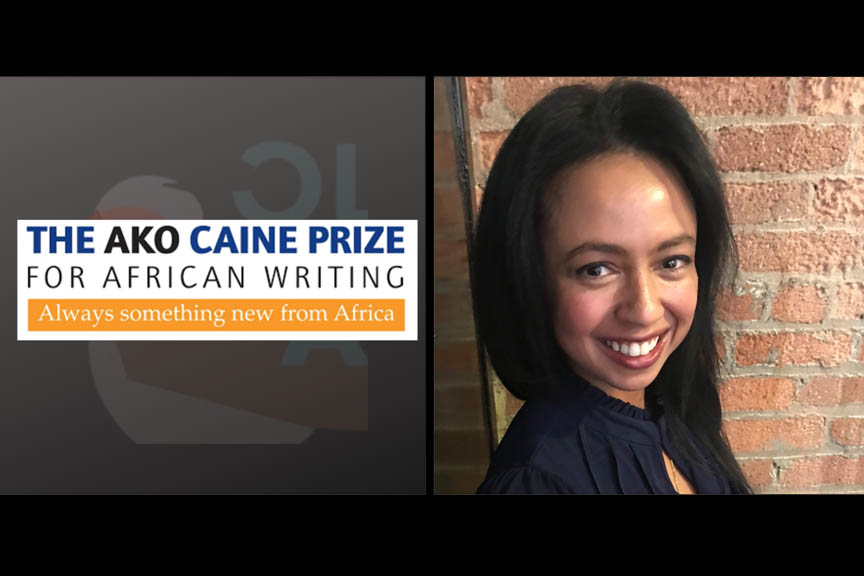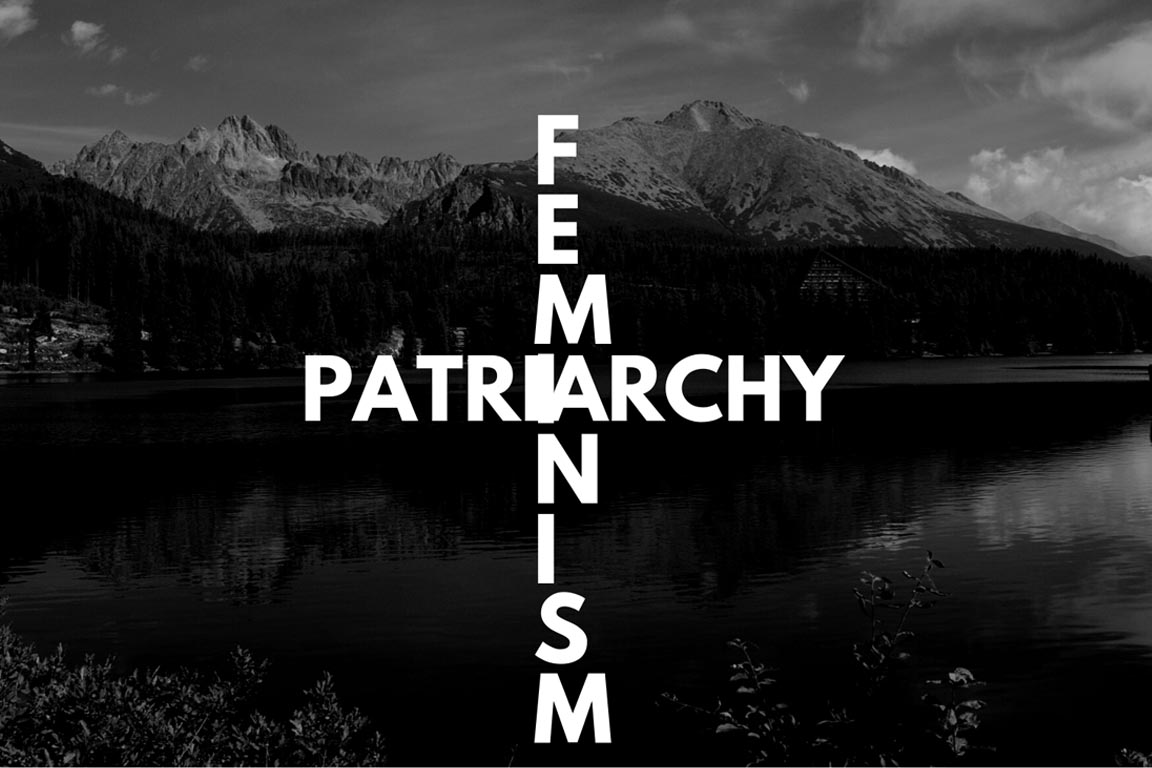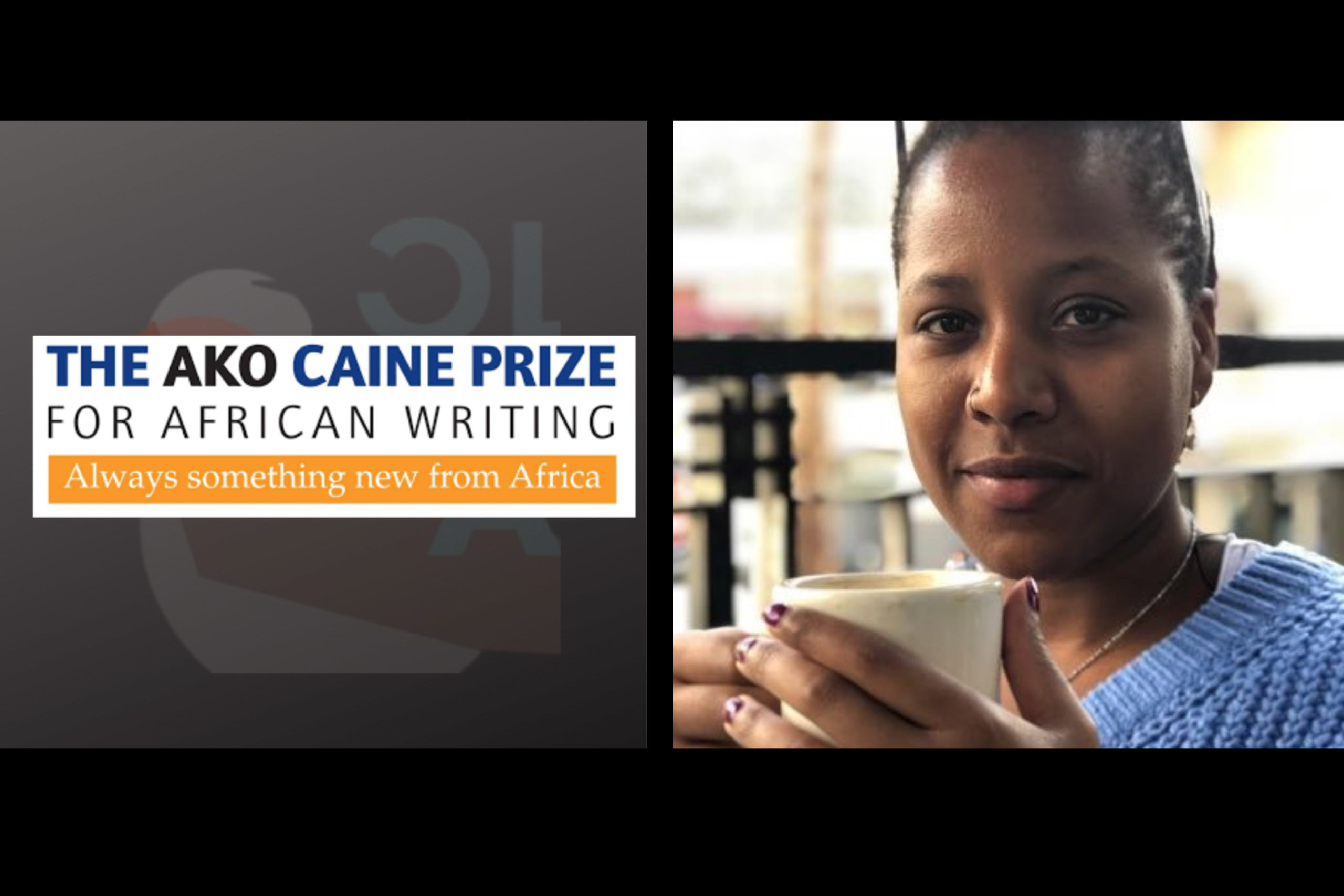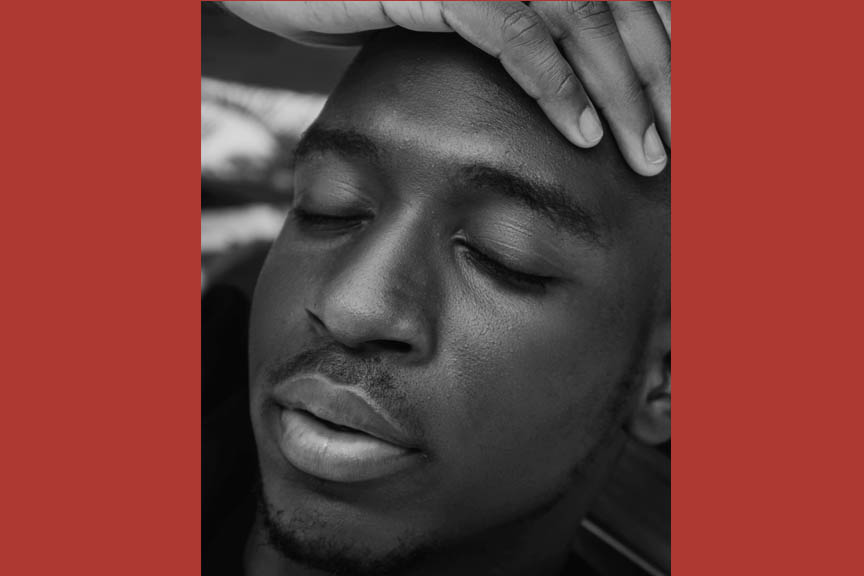Posts from Olongo Africa
Thinking in Bits of Borno
Fati Abubakar was born and grew up in Maiduguri, Borno State. With her camera, she braved the odds of bomb blasts and a terrorist group that termed education as forbidden as well as a patriarchal society, where the ideal visual of a young woman is not that of her walking around town chasing pictures. Chronicling everyday life in Borno, in the heat of an insurgency, Fati sets out with her camera as a canvas and her eyes as brushstrokes, to create an alternative ‘real’ image of Borno not just as a war zone of a theatre of trauma but a place of humanity and hope in a time of crisis.
Playlist: Music to go with Death to the Baobobs!
From Salawu Olajide, our colleague at Olongo Africa, who is also the author of Death to the Baobobs!
Redreaming the Sound
What does it mean to trace the trajectory of one’s life through old records and albums? It is not new. Humanity owes gratitude to the ingenuity of artistes, their sound, or perhaps the science of sound and human cognition—for this otherworldly phenomenon.
The Strangers of Braamfontein’s Slightest Hope
Readers of Amma Darko’s Beyond the Horizon, Chika Unigwe’s On Black Sisters’ Street, and Ifeanyi Ajaegbo’s Sarah House may find Onyeka Nwelue’s The Strangers of Braamfontein familiar, especially in its discussion of sex trafficking of African women.
Essex Street
That evening, the prophet singled me out & asked the church to fervently pray for me
Crazy Little Things out of the Blues
I’m doing something crazy. There is in fact no exact English word to describe it. It is called fait divers which is a French phrase for very brief newspaper reportage of unusual happenings and dark occurrences, like accidents or crimes, that befall ordinary, insignificant people.
dance
Flourish Joshua is a (performance) poet from Nigeria, a NaiWA poetry scholar, 2nd place winner of the 7th Ngozi Agbo Prize for Essay, Managing Editor at NRB, Interviews Editor at Eremite Poetry & Poetry Reader at Bluebird Review and Frontier Poetry. He is published (or forthcoming) on London Grip Poetry, Ghost City Review, Brittle Paper, Indianapolis Review, Bluebird Review, and elsewhere. Say hello on Instagram/Twitter @fjspeaks.
Flat-lining and the Buzz
It is not difficult to understand why a volume of poems on the subject of suicide by an African poet can be a difficult thing. The subject is the last taboo, obdurate and stiff as death.
The AKO Caine Prize: What’s in for us in 2021?
In publishing and creative industries, conversations around diversity sprung up among stakeholders — writers, editors, agents, publishers and marketers. Amongst several shocking revelations, a few facts hit hard: books and stories written by African writers are edited and marketed by their white publishers to target a western audience. It also exists as a barrier to entry, so writers conform to stereotypical storytelling patterns that fixate on hard issues like rape, immigration, race, poverty and politics, to be published or win certain prizes.
[REVIEW]: Meron Hadero’s Sense of Hope
Hadero shows us two worlds, dialectical at best: one of ease and comfort, enjoyed by foreigners, and the other of lack and precarity, experienced by locals. The “new” Ethiopia, depicted in her story, has no space for the poor and their “homes made of cloth and rags and wood.” This depiction typifies the irony at the heart of capitalist modernity pursued by the neocolonial elite.
The Religious Root of Nigerian patriarchy
The idea of feminism in Nigeria itself has been identified as a threat to men. Patriarchal structures dictate that being submissive and loyal no matter the circumstances is what a good religious woman should be. This doesn’t speak for any one religion, but rather for all: Women who identify as feminist in Nigeria are criticized and mocked using all means to dissuade us from the very idea.
[REVIEW] Bound by Grief, Bound by Love
I find myself randomly in my day, ‘seeing’ beyond the final pages before me, clamouring for more of Iryn’s words – there has to be more beyond the words currently captured in The Separation.
How Anthony Azekwoh is Creating a Future of Myths
At 8, Anthony read Nnedi Okorafor’s "Zahrah The Windseeker" and the novel “changed my whole perspective on Literature. Before then, I’d been reading all these Enid Blyton, Cinderella books and it never occurred to me that not only could a black person be in a book, the black person could even be Igbo. It blew my mind.”
